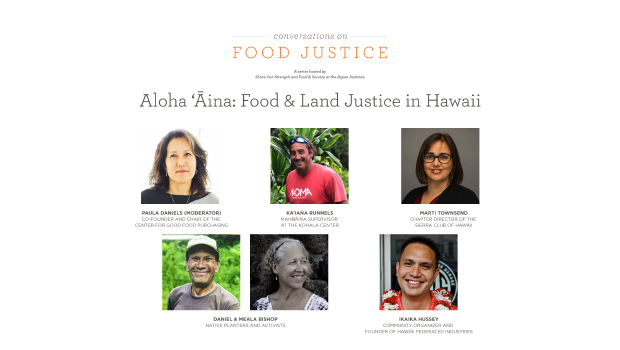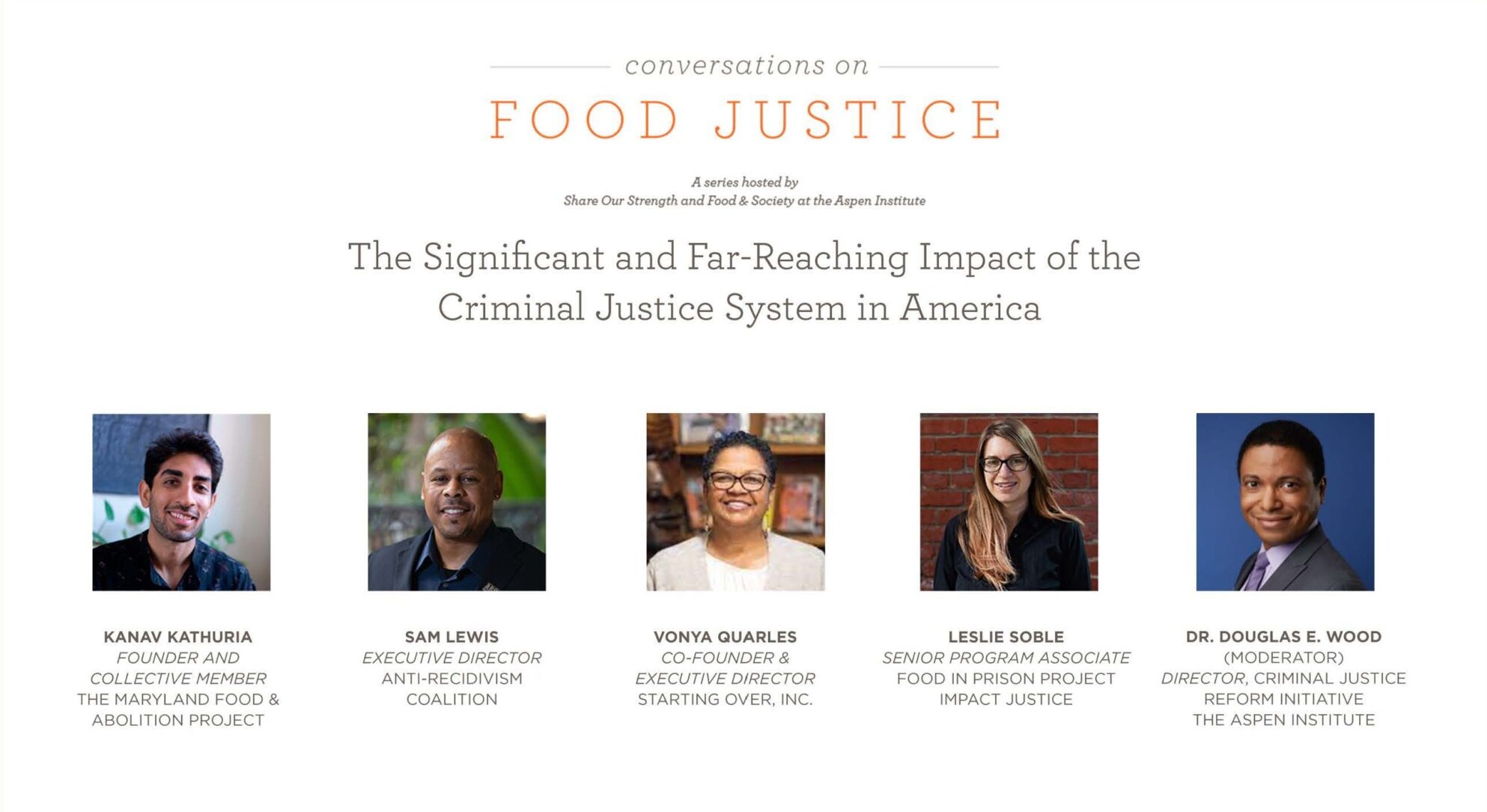ew populations are facing as many simultaneous crises as Native communities. The unique challenges they face including the legacy of genocide and colonialism, the proliferation of large-scale, centralized agriculture, discriminatory federal policies, and the worsening impacts of pollution and climate change—have contributed to a food crisis. These issues have been exacerbated because of the Covid pandemic. Access to healthy food is critically low in Native communities, and rates of hunger and diet-related health issues like diabetes and child obesity are high. Many Native communities hold up food sovereignty as the path forward.
In this session, we’ll delve into the food sovereignty movement, and how Native communities are challenging dominant food structures to build systems that are resilient, environmentally sustainable, and centered around the wellbeing of Native people. The connection between food and cultural identity, and how Native communities are regaining and sharing lost knowledge will also be explored.
Speakers
Nephi Craig, Executive Chef, ACRPS, Native American Culinary Assoc. Sam Schimmel, Youth Advisory Board Member, Center for Native American Youth Nikki Pitre (Moderator), Executive Director, Center for Native American Youth at the Aspen Institute Sanjay Rawal, Film Director, “Gather” Brian Yazzie, Chef, Educator, and Podcast Host



